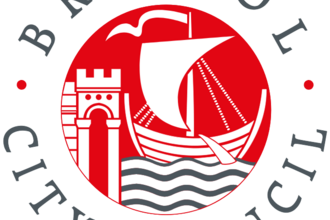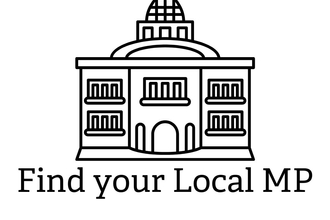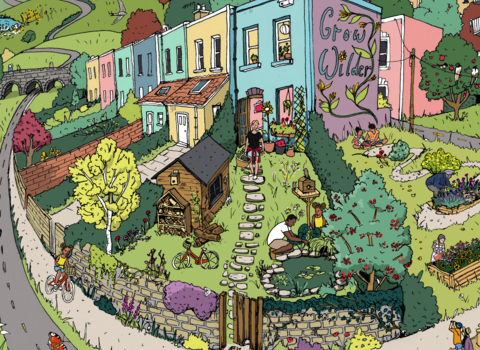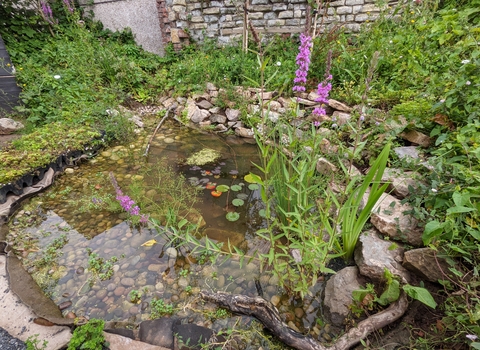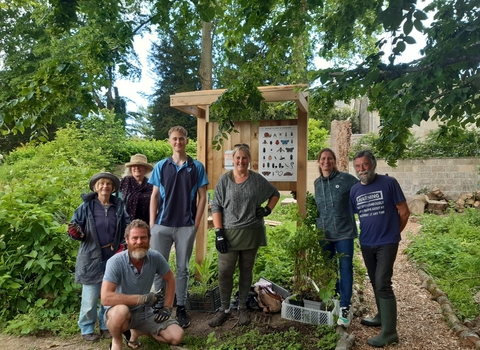Team Wilder Resources Local Councils
What do councils and Local Authorities do?
And why should I care?
A “Local Authority” can mean any of the different types of council in the UK. There are different systems in England, Scotland, Wales and Northern Ireland. The Crown Dependencies of the Isle of Man and the Channel Islands also have their own way of working.
You need to know who your council is and how to contact them, because they have information about parks, verges, community spaces, planning and more.
England
England has different systems in different places, and these often have different names. You might see “local authority” or “elected local government” to mean “council”. If you're in England, the top level of power will be one of these:
- a county, which is split up into districts, boroughs or city councils. There are 24 county councils split into 181 district, borough or city councils.
- a unitary authority, which might be a county but won’t be split up into districts or boroughs. There are 59 unitary councils. Unitary means that the council does everything.
- a metropolitan district or a metropolitan borough. There are 36 metropolitan boroughs.
- or you’ll be in Greater London, which has 32 boroughs plus the City of London.
There are around 9,000 parish and town councils in England. There are 10 National Parks. In some places, there are Combined Authorities where two or more councils work together.
All you need to know is who does what, and the website will tell you:
If you have one or two Councils
If you have two councils, the big county council will look after schools, social care, libraries, trading standards, big planning decisions and transport. The smaller districts, boroughs or city councils will look after rubbish and recycling, your council tax, housing, and local planning applications.
If you have one council, they’ll deal with everything listed above.
The smaller parish, community and town councils can help with local issues. They look after allotments, bus shelters, community centres, play areas, and small grants for local groups. They help with planning but cannot make decisions about it. They can also issue fines for litter, graffiti, and dog offences.
The “local planning authority” part of your council deals with planning applications for extensions on houses, building new houses, and changes to shops and businesses.
Your council publishes plans which tell everyone what the council want to do. There’ll be a “local plan” which says which areas can have houses or shops or businesses, and which areas can’t be built on. There will be other plans too, like for housing. You can find them on your council’s website.
Useful Local Council Links and Resources

National Lottery Heritage Fund
Be part of Team Wilder
All actions for nature collectively add up and creates life for people and wildlife.
Share your actions for nature, like Tom by sharing and tagging @avonwt on social media and
Log your actions for nature on the map









